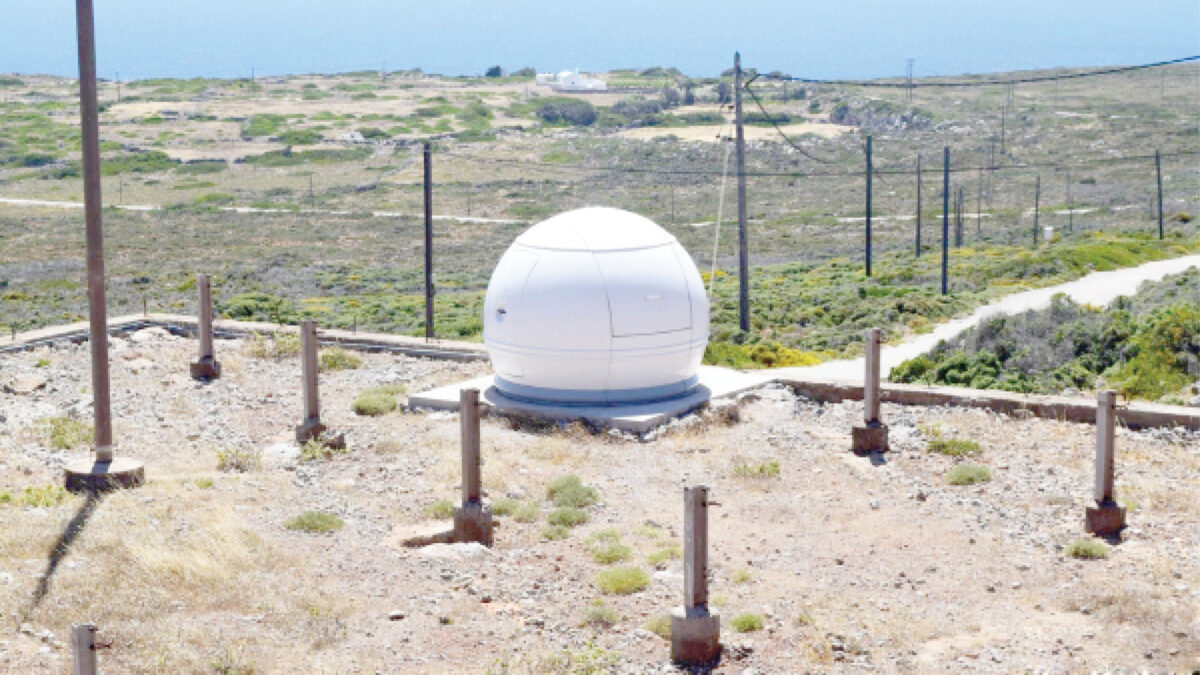=Over the past few decades, climate change has become one of the most pressing and widely discussed issues in the world. With the continuous increase in greenhouse gas emissions, the earth’s atmosphere is heating up, leading to more frequent natural disasters, rising sea levels, and damages to ecosystems and wildlife. The problem is not limited to any particular nation or region; it has become a global concern that requires collaboration from all sectors of society. Therefore, there is a need to educate and empower individuals on the significance of climate change and the impact of their daily actions on the environment.
Government, NGO’s, and international organisations have a significant part to play in addressing the issue of climate change, but individual actions cannot be ignored. It has become imperative for people to understand the impacts of their daily actions on the environment and take responsibility for them. Educating and empowering individuals to adopt sustainable practices is an essential step towards reducing greenhouse gas emissions and achieving a cleaner, greener, and healthier planet.
Climate change education sets the foundation for individuals to develop a positive attitude towards the environment. It increases their awareness of sustainable living and how they can contribute to a more sustainable living, and how they can contribute to a more sustainable world. Education should be a crucial component of the curriculum at all levels of education, starting from elementary school to a higher education institution. It should include practical examples of sustainable practices such as renewable energy, conservation of natural resources, and waste reduction. Engaging with young people is critical as they will influence the future; hence, their ability to make informed decisions about the environment will be essential.
Empowerment is another critical aspect of tackling climate change. It enables individuals to take responsibility for their actions and support their ability to make informed choices in living sustainably. Empowerment could come in many forms, such as incentives for individuals who adopt renewable energy technologies, policies that encourage and support sustainable practices, and community-based programmes that encourage participation in environmental management. Through empowerment, individuals are equipped with the knowledge, skills and resources to make a significant contribution to mitigating the impacts of climate change.
- Christmas: Emulate Christ, strive for peace, unity, IPCR charges Nigerians
- Boko Haram: Four days after, electricity restored in Damaturu
Strong collaboration between governments, NGOs and international organisations is essential to achieving a successful outcome in tackling climate change. Governments have a responsibility to create policies that promote sustainable development, invest in renewable energy technologies, and provide financial resources that support sustainable practices, among others. NGOs and international organisations, on the other hand, have a role to play in raising awareness, providing technical expertise, and facilitating the transfer of technologies between nations. Through collaboration, we can achieve a significant reduction in greenhouse gas emissions, protect the environment, and preserve the planet for future generations.
Clean cooking solutions, reforestation, and renewable energy should be prioritised as critical solutions in mitigating the impacts of climate change. Clean cooking solutions involve providing access to cleaner and more efficient stoves that reduce air pollution, deforestation and improve health outcomes. Reforestation is essential in increasing carbon storage and reducing atmospheric CO2 levels. It helps prevent soil erosion, provides habitat for animals, and enhances biodiversity. Finally, renewable energy technologies such as wind, solar, and hydropower, have proven to be a sustainable solution to mitigating the impacts of climate change. They are cleaner, non-polluting, and are capable of reducing carbon emissions significantly.
As individuals become more educated and empowered, they will play an increasingly significant role in positively impacting the environment. The role of women, young people, and children in climate change mitigation should be acknowledged, and their participation in sustainable practices should be encouraged. Women can be trained to take up leadership roles in environmental management, and young people can be empowered to initiate sustainable development projects in their communities. Through this process, the society as a whole will benefit from improved livelihoods, better health outcomes, and reduced environmental degradation.
In conclusion, tackling climate change requires efforts from every sector of society. Educating and empowering individuals is the foundation of driving sustainable practices, and governments and organisations must work together to achieve a significant reduction in greenhouse gas emissions. The adoption of clean cooking solutions, reforestation, and renewable energy technologies should be prioritised, and the participation of women, young children is necessary for creating an inclusive and sustainable future.
Zainab Salisu Matori, CEO Matori Empowerment and Educational Support Foundation

 Join Daily Trust WhatsApp Community For Quick Access To News and Happenings Around You.
Join Daily Trust WhatsApp Community For Quick Access To News and Happenings Around You.


